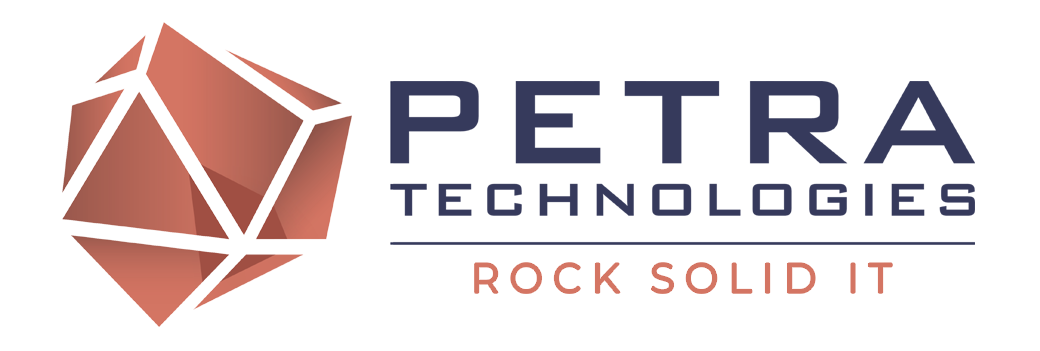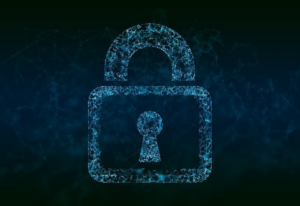 In recent months, cybersecurity researchers have found that a new ransomware strain has been affecting certain businesses using Windows desktops and devices that are still relying on old operating systems. Below, we’ll explain how this works and what it could mean for your company, small or large.
In recent months, cybersecurity researchers have found that a new ransomware strain has been affecting certain businesses using Windows desktops and devices that are still relying on old operating systems. Below, we’ll explain how this works and what it could mean for your company, small or large.
New ShrinkLocker Ransomware
Using Visual Basic Scripting, hackers have released a ransomware strain known as ShrinkLocker. VBScript, a depreciating programming language that once popularly assisted with Microsoft Windows scripting, is now common among malicious activity, allowing the strain to encrypt corporate systems. But what does this mean for businesses?
What Does ShrinkLocker Do To Your Company?
Attackers have been targeting government, manufacturing, and vaccine establishments by sending the strain to their machines. They first determine the given machine’s eligibility for hacking by using Windows Management Instrumentation to detect whether the operating system is Vista or an older version. If the latter, they continue with their malicious intent, but if the former, the malware eliminates itself.
In the hackable scenario, Kaspersky notes that the malware shrinks non-boot partitions. These system files store user data and programs, unlike boot partitions containing operating system files necessary for starting and running the device. In doing so, they abuse Microsoft’s BitLocker to relocate all important company data from these files onto a disc and encrypt it to lock victims out of their company devices.
How To Protect Your Business Before You Become a Statistic
Because hackers remove the system recovery options, meaning business owners cannot restore their files to get everything back on track, Kaspersky suggests taking preventative measures to ensure optimal data protection.
Updating Your Company Systems Regularly
The most obvious measure is updating your software. Google, Microsoft Windows, and all other programming companies are constantly releasing patches with each update to block the most recent strains of malware and keep users safe. While it may not catch zero-day exploits, most attackers target older systems that are easier to manipulate.
Adding the Right Security Measures
You can never have too many layers of security to diminish ransomware risks. So, alongside your company’s firewall, consider adding:
- Anti-malware and antivirus software to protect against existing strains
- Cloud data loss prevention that bars the leaking, misuse, or destruction of cloud applications and storage
- Spam filters that analyze emails alongside SMS and social media messages to detect and block harmful and suspicious communication
Allow Employees To Undergo Awareness Training
Human error is what causes insider threats to your business. For example, some employees fall victim to phishing when signing into a phony company account, while others believe it when someone calls and imitates their employer asking for important information. They may also click links or scan QR codes that release malware, so your personal data undergoes encryption or theft.
By teaching them about ransomware, the most recent strains, and the best practices for keeping an eye out, you no longer have a weak link in your business.
Follow these tips, and ShrinkLocker will be no match for you.


